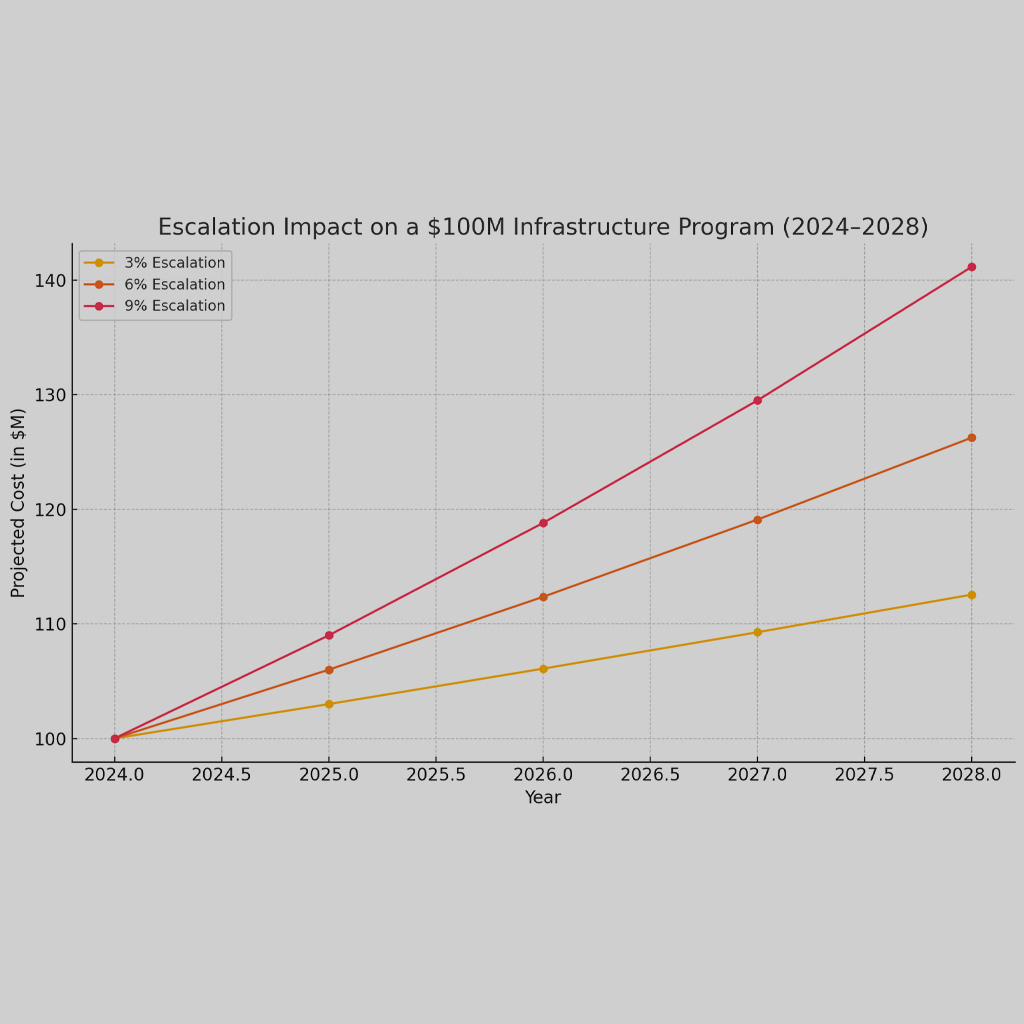The development services department at a municipality is an integral part of the local government, responsible for overseeing and managing the growth and development of the community. This department plays a crucial role in ensuring that new buildings and developments are constructed in compliance with local regulations, and that existing properties are maintained to meet safety and health standards.
The main responsibilities of a development services department consist of:
Land Use and Zoning
The department is responsible for reviewing and approving plans for new developments, including residential, commercial, and industrial projects. This involves ensuring that the proposed developments are in compliance with local zoning regulations, which dictate what types of buildings can be constructed in specific areas. The department also works with developers and architects to make sure that the design and construction of new buildings are safe and meet all necessary standards.
Building Permits and Inspections
Before any construction can begin, the developer must obtain a building permit from the local government. The development services department is responsible for reviewing building permit applications, conducting site inspections, and issuing the necessary permits. Once construction is underway, the department is responsible for conducting regular inspections to ensure that the work is being carried out according to the approved plans and that all relevant safety and building codes are being followed.
Code Enforcement
The department is responsible for enforcing local codes and regulations, such as those related to property maintenance and safety. Code enforcement includes investigating complaints from residents about properties that are not in compliance with local codes, conducting site inspections, and taking appropriate enforcement action as needed. In some cases, this may involve issuing citations or fines to property owners who fail to comply with the regulations.
The development services department at a municipality is a critical component of local government, responsible for managing the growth and development of the community in a safe, responsible, and sustainable manner. Whether it’s reviewing building plans, conducting inspections, or enforcing local codes, this department plays a vital role in ensuring that the community remains a healthy and vibrant place to live, work, and play.
At Front Line Advisory Group, LLC, we are providing change management services to help municipalities collect and analyze data, improve stakeholder communication, leverage technology, develop training plans, and more. We believe these are the most effective and affordable ways for municipalities to scale their capabilities. Contact us for more info at info@frontlineadvisorygroup.com.













